You’d be forgiven for thinking that T-shirts and sustainability don’t belong in the same sentence.
Especially when the textile industry has gained notoriety as “the world’s biggest polluters.”
However, the textile industry can also be a crucial part of sustainable solutions for the environment. That’s right, your T-shirts can help save the planet.
Take Repreve T-shirts, for instance. If you’ve never worn one, you’ll find it hard to believe that the soft and silk-like garment comes from recycled plastic.
This sourcing provides plastic waste with an alternative destination to landfills and the ocean and is one of the ways by which your Repreve T-shirts can help save the planet.
Repreve is also considered a renewable material because old fabric is used to make new fabric. This recycling extends a fabric’s useful life while limiting the resources needed to produce fabric, such as energy and water.
We’ve gathered four renewable materials that can be used to make sustainable T-shirts. As we delve into their sustainability and benefits, you’ll also learn:
- How organic cotton uses less water than conventional cotton
- Why Repreve manufacturers use both open and closed-loop recycling
- Why organic cotton makes stronger fabric than conventional cotton
- Why some sustainable T-shirt designs use a blend of renewable materials
- Where to find top-quality sustainable T-shirts with customizable branding
1 - Organic Cotton
Sustainable T-shirts are made using organic cotton in order to eliminate the reliance on toxic chemicals, such as pesticides and synthetic fertilizers, in their value chain—the organizational activities that go into producing and delivering a product to market.
Unlike its conventional alternative, organic cotton relies on natural farming practices, which are far less damaging to the environment and far more sustainable, such as:
- Weeding over herbicides
- Compost over synthetic fertilizers
- Crop rotation over chemical-dependent mono-cropping
These chemical-free farming practices improve soil quality and promote biodiversity in their respective ecosystems.
Organic cotton also conserves water by eliminating the need for the 150 liters/kilo of cotton fiber that goes into processing conventional cotton. A staggering amount of water is necessary for processing regular cotton because it has such a high chemical content.
Every nine ounces of conventional cotton consists of 17 teaspoons of chemical fertilizers and a teaspoon of active ingredients, such as insecticides, herbicides, and defoliants.
Benefits of Organic Cotton T-Shirts
- Hypoallergenic: The lack of toxic chemical residues in organic cotton means that their T-shirts are less likely to trigger allergic reactions.
- They lack chemical residues, such as defoliants (used in regular cotton farming), which are notorious irritants for the upper and lower respiratory tract.
- Durability: Organic cotton T-shirts last longer than regular cotton T-shirts because of how their raw material is harvested.
- Organic cotton is hand-picked, which is less impactful to the crop’s fiber structure than machine harvesting. Hand-picking keeps the fibers from breaking and fraying, resulting in a longer and stronger cotton structure.
2 - Repreve Recycled Polyester
Repreve recycled polyester is a renewable material that is used to make sustainable T-shirts.
It’s part of a green initiative that provides plastic waste with an alternative destination to landfills, averting the environmental issues caused by such disposal methods.
This recycling process involves an open-loop system where plastic waste from other value chains becomes a raw material for another production system. So, waste bottles, for instance, turn into raw materials for your sustainable T-shirts in the form of Repreve fiber.
Alternatively, Repreve polyester is made through a closed-loop recycling system where old and worn-out Repreve fabric is used to make new fabric.
The Open-Loop Recycle Process
The entire process begins with converting plastic waste, such as bottles, into flakes by grinding.
The ground flakes are then converted into chips or pellets through depolymerization. This process breaks down the polymers in the flakes into simpler forms, called monomers, using solvents (much like digestion).
The chips (now monomers) are then heated into molten polyester through re-polymerization and extruded onto spinning machines that turn them into yarn.
Re-polymerization uses heat and a catalyst to melt the monomer molecules and form new polymer chains that become molten polyester.
Benefits of Repreve T-shirts
- Sustainability: Repreve T-shirts become sustainable when they’re part of a closed-loop recycling system where your old and worn-out shirts serve as raw materials for new ones.
- This cycle limits the environmental impact the T-shirts have by greatly reducing production inputs and waste generated post-production.
- Versatility: Repreve T-shirts mimic the look and feel of natural fabrics while boasting additional features, such as wrinkle resistance and water resistance.
- These extra features stretch the garment’s application potential, allowing you to wear Repreve T-shirts under various environmental conditions.

3 - Tencel Modal Fabric
Tencel Modal is a natural fabric that’s popular when it comes to sustainable T-shirts.
It’s popular because the fabric is extracted from beech wood pulp through a closed-loop process that limits environmental impact.
This closed-loop processing involves capturing and reusing extraction solvents rather than releasing them into the environment (solvent spinning). Reusing the solvents reduces water and energy demands and lowers the overall cost of production to mother nature.
Another reason for Modal’s popularity in sustainable T-shirt manufacture is its biodegradability.
This organic fabric is 100% biodegradable and compostable under home, industrial, and marine soil conditions. This attribute is particularly important considering that textile products eventually end up in landfills.
Benefits of Tencel Modal T-Shirts
- Highly Absorbent: Tencel Modal T-shirts absorb 50% more moisture than cotton shirts, keeping the fabric dry and ventilated.
- This moisture-wicking property prevents bacterial growth, especially at the armpits, making it the ideal fabric for healthy skin.
- Durability: The Modal fibers of your sustainable T-shirt have a strength that’s comparable to that of synthetic fibers.
- The fibers have a dry strength of 42 centinewton (cN)/tex and a wet strength of 37 cN/tex, which is comparable to polyester. The following table compares their dry and wet strengths.
| Fabric | Dry Strength (cN/tex) | Wet Strength (cN/tex) |
| Tencel Modal | 42–44 | 37–40 |
| Polyester | 42–53 | 42–53 |
Source: (Goswami et al., 2004, pg 64)
4 - Cotton-Repreve-Tencel Blends
Sustainable T-shirts can also contain multiple blends of renewable materials in their design. For instance, cotton-Repreve-Tencel blends.
This practice helps manufacturers avoid reliance on one material whose supply could be limited.
Renewable materials, such as organic cotton, often suffer supply constraints because of their dependency on non-industrial processing practices, which avoid machinery and chemicals.
As such, the global average yield of organic cotton is 924.27 kg per hectare, which is 1.38 times lower than conventional cotton with 1230.47 kg per hectare.
Material blending also allows manufacturers to combine the individual strengths of each fabric into one hybrid package. So, your tri-blend T-shirt gets the absorbent qualities of Tencel Modal, the toughness of Repreve polyester, and the softness of organic cotton.
Here’s an example of a T-shirt from Jupmode that’s 25% organic cotton, 50% Repreve polyester, and 25% Tencel Modal.
This combination gives the T-shirt an ultra-soft feel and the sustainability of recycling six poly water bottles. It’s also durable and fully customizable with various screen print design options available.
Here’s another print style and color from Jupmode on a similar tri-blend T-shirt.
This is the standard shirt that we use for our line of Midwest clothing and we also offer it for custom screen printing, as well.
Let’s Help Your Brand Become More Sustainable
And there you have it: four renewable materials that are used to make your sustainable T-shirts. With them in mind, are you looking to make your brand more eco-friendly?
We’d love to help.
Our team at Jupmode is experienced in designing sustainable products and branding them. We’ve made branded pencils from denim, eco-friendly notebooks, and T-shirts from recycled PET (polyethylene terephthalate) bottles.
Our products are top-quality and our designs are unique. Our prices are also friendly so you won’t feel the pinch of going green.
“The T-shirts are wonderful quality with unique designs and the route to go for personal or gift reasons. You'll even save yourself a few bucks.”
— KK, United States
Contact us today and tell us more about your project.
Share on Facebook:



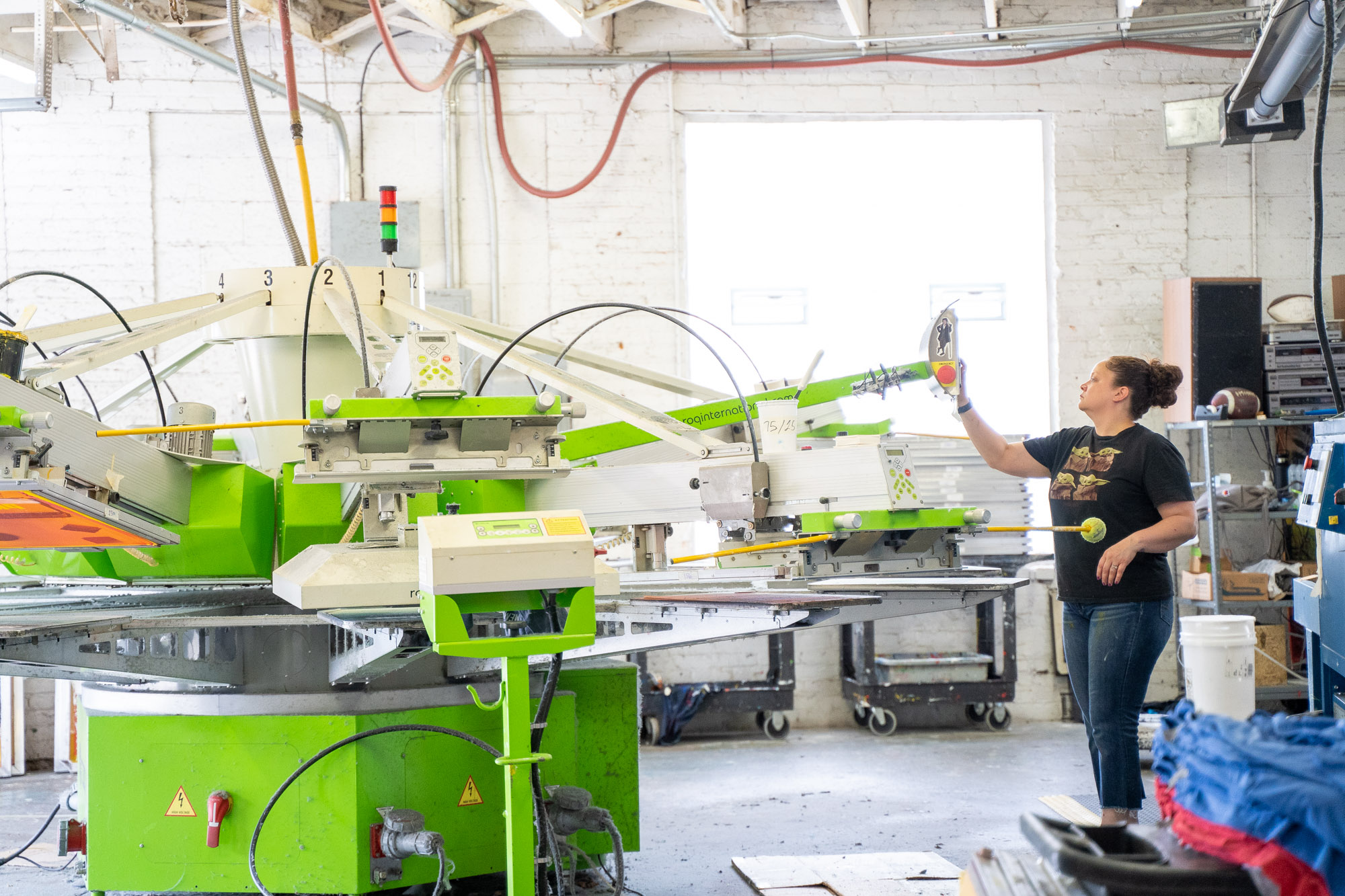
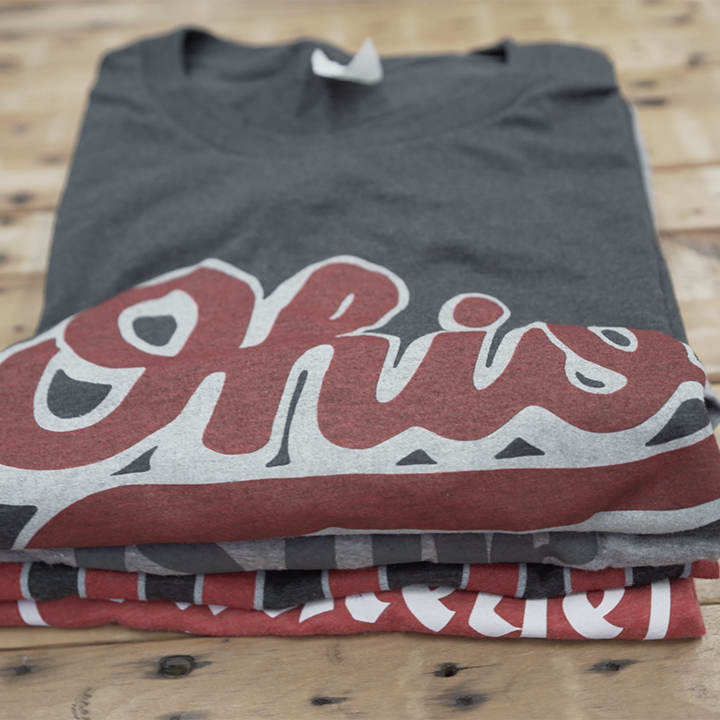

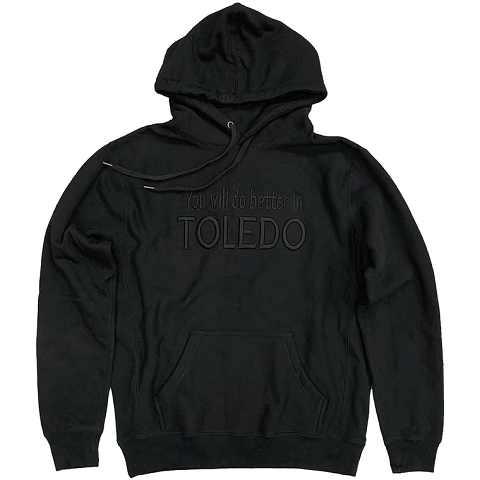
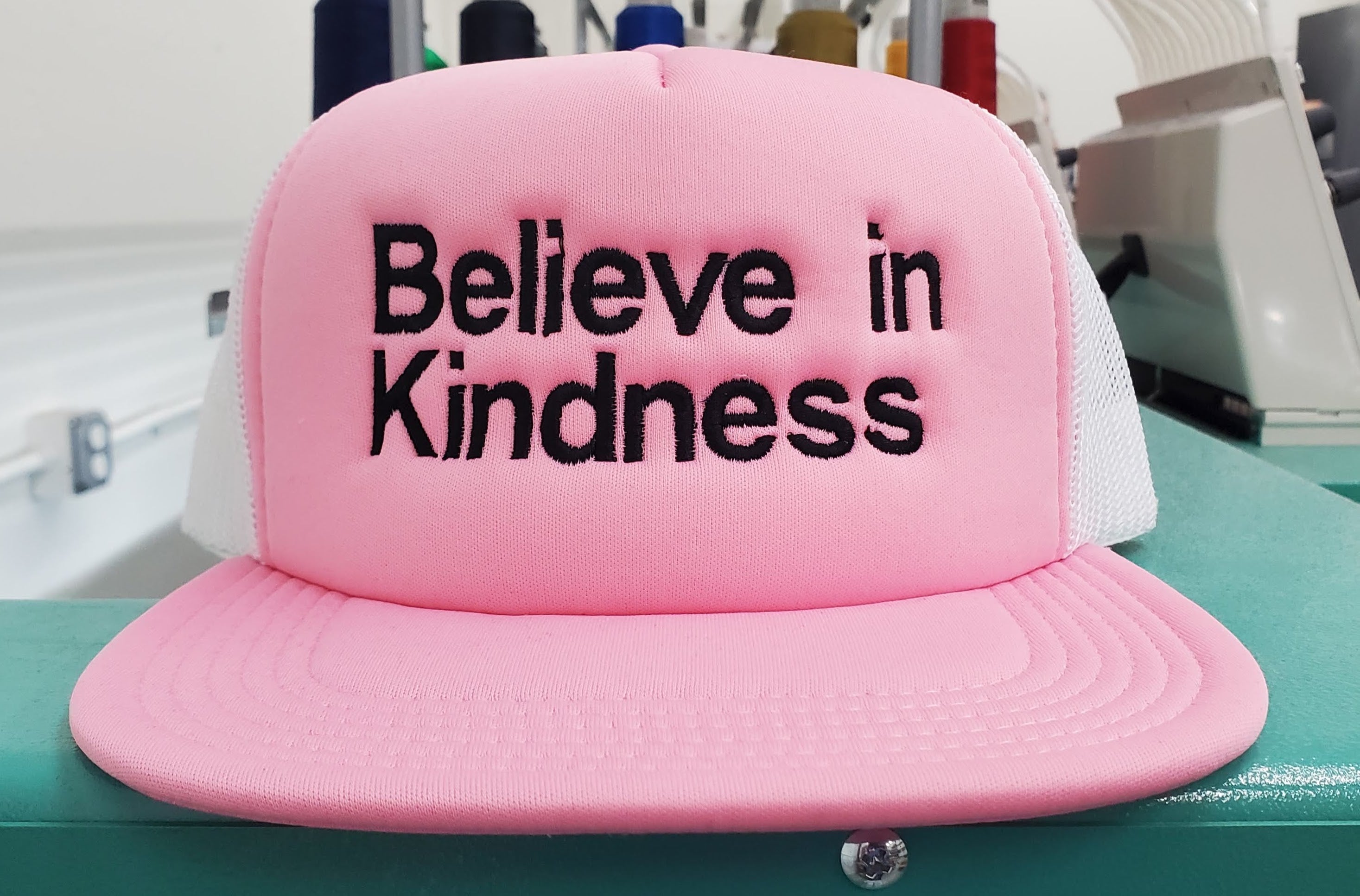
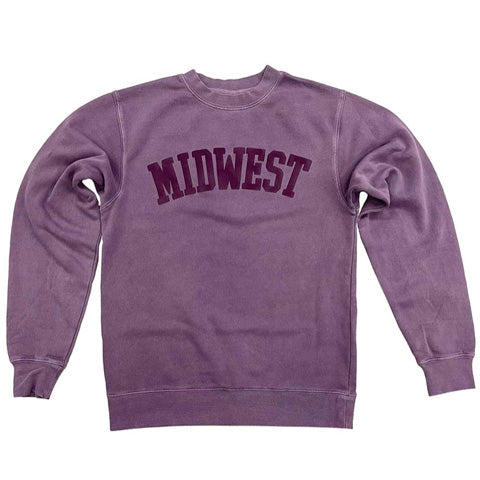


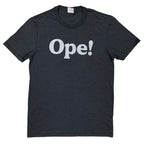

Comments
Write a comment